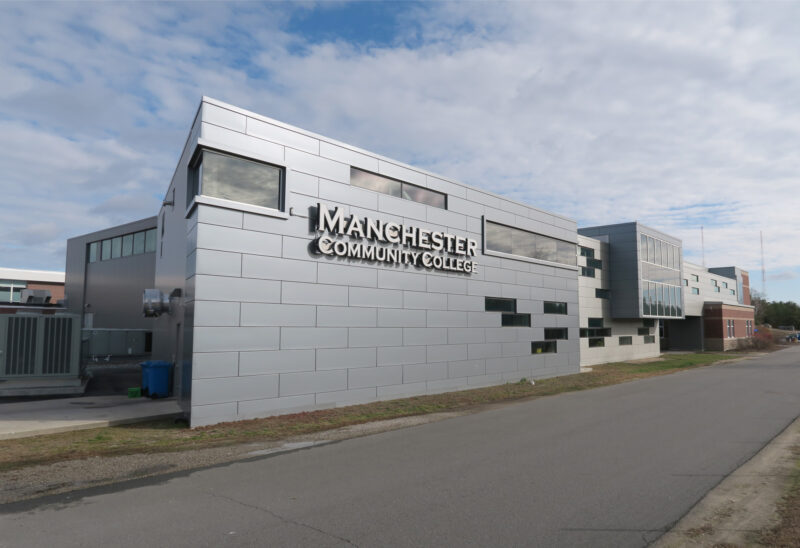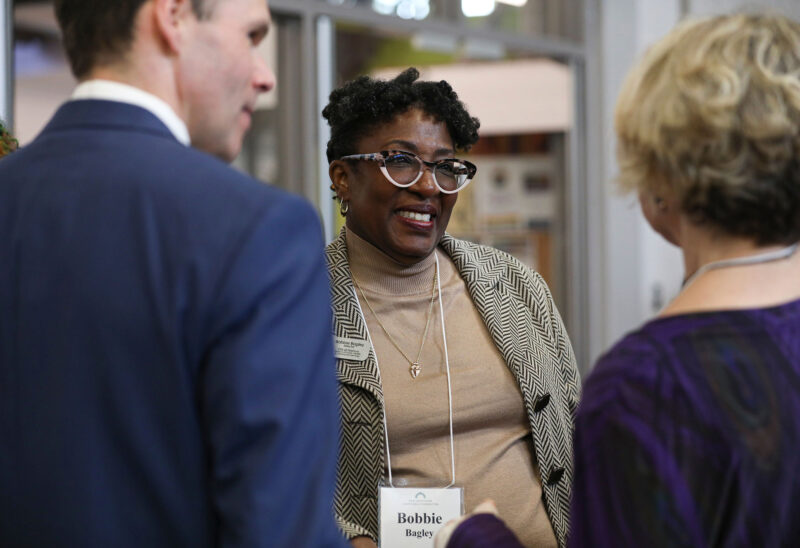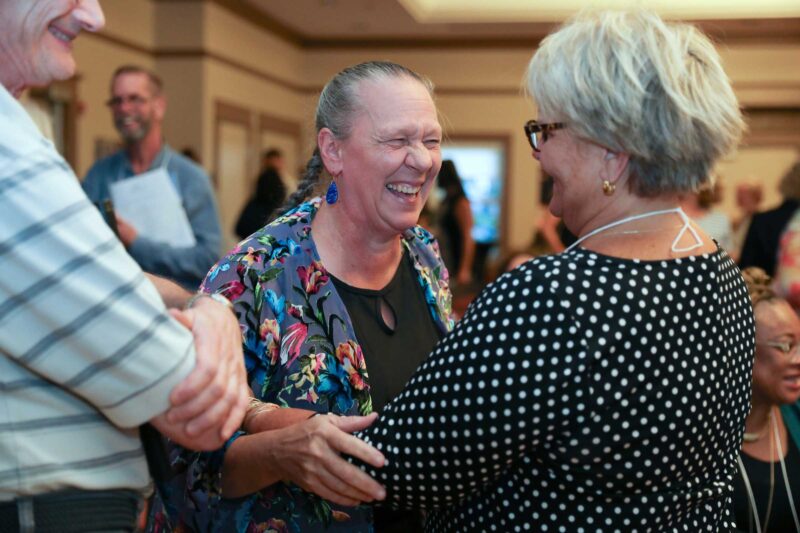At 5:30 on a recent weekday evening, guests at the Bridge House in Plymouth gathered for a meal of baked stuffed peppers and salad. Guests at this 20-bed homeless shelter, many of them veterans, helped cook and serve the meal, and sat down to eat together.
This meal was made possible by 84 solar panels on the roof. And not just because the panels generated the electricity to run the oven and the kitchen lights.
The panels, installed with support from a New Hampshire Charitable Foundation donor-advised fund, helped cut the shelter’s energy costs by about $4,500 in one year — savings that have gone directly toward buying the groceries to provide a nutritious meal each night for guests at the shelter.
Next door, at the Whole Village Family Resource Center, a crew from the Plymouth Area Renewable Energy Initiative had spent the afternoon installing conduit runs for 110 solar panels. The center houses 15 nonprofit organizations that provide everything from early childhood education to parenting classes to HiSET (GED) tutoring and services for veterans and people with disabilities. With help from a Community Development Finance Authority business tax credit grant, Whole Village had already put a variety of energy efficiencies in place — from LED lighting to air-sealing and an updated HVAC system. When the solar project is complete, nonprofits at the center are expected to save more than $25,000 combined in energy costs each year.
“Solar installations help nonprofits become more sustainable, so that they can keep doing what they do best — improving the quality of life for everyone in New Hampshire.”– Peter Benson, senior program officer, New Hampshire Charitable FoundationTweet This
Working with a generous donor with a passion for sustainability and energy efficiency, the Foundation has helped more than a dozen nonprofits — from shelters and soup kitchens to mentoring and arts organizations — install solar panels and a number of other energy-efficiency measures. Funding has also helped to advance public policy on solar and renewable energy. And more solar installation projects are in the works.
New Hampshire has among the highest energy costs in the nation. Helping nonprofits minimize energy costs helps them maximize services. And, of course, equipping nonprofits with sustainable energy systems has long-term environmental benefits.
“It is increasingly difficult for nonprofits to cover the cost of simply keeping the heat and lights on,” said Foundation Senior Program Officer Peter Benson, who works closely with nonprofits installing solar systems and compiles information and evaluation of the projects for the donor. “Solar installations help nonprofits become more sustainable, so that they can keep doing what they do best — improving the quality of life for everyone in New Hampshire. This donor’s commitment is an inspiration, and we’re thrilled to help make it happen.”
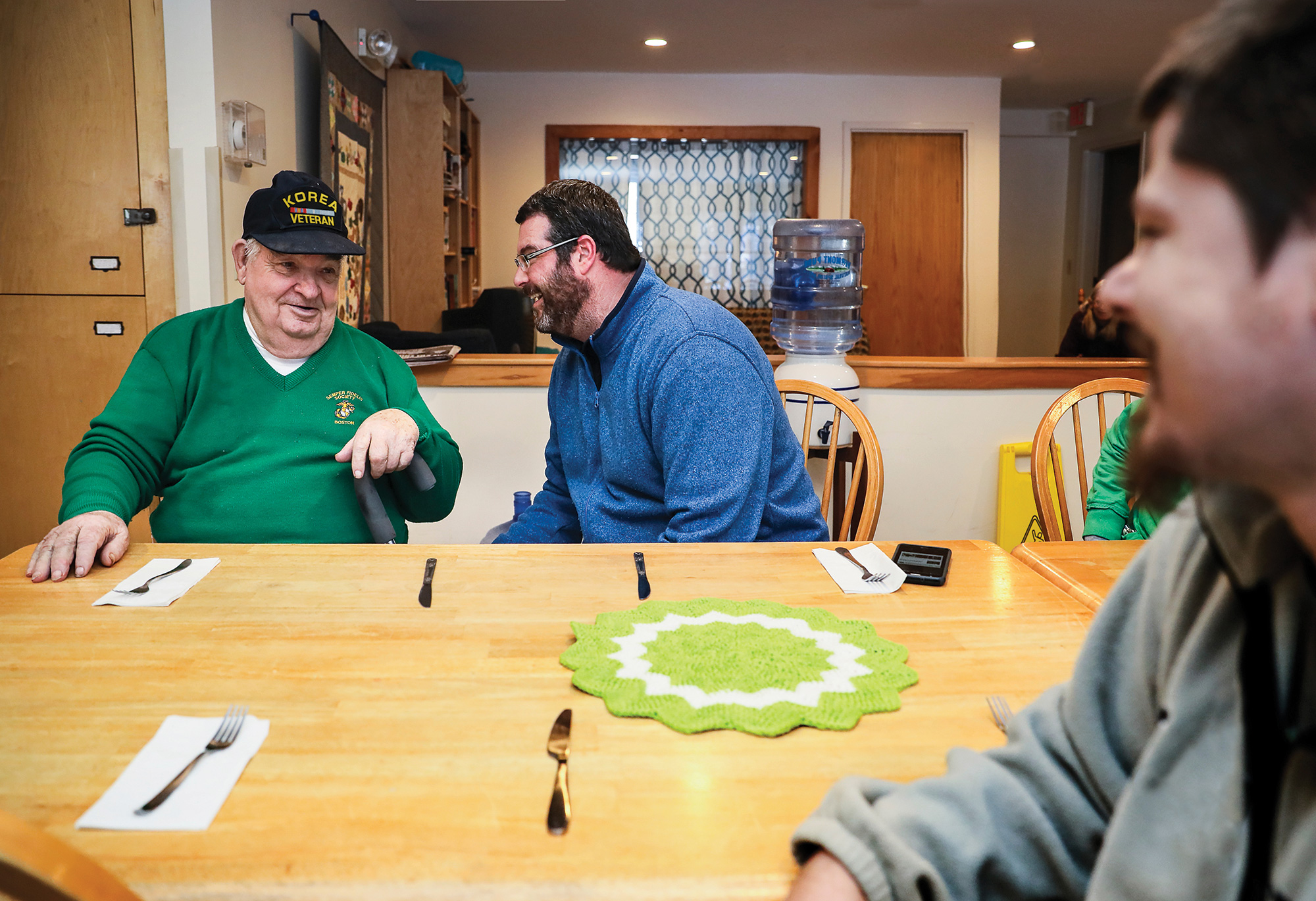
Protecting natural resources
Thanks to many generous donors, the Foundation makes about $5 million in environmental grants each year, and has a long-standing commitment to protecting New Hampshire’s natural resources, promoting energy efficiency and supporting sustainability. Funding was critical in producing the New Hampshire Climate Action Plan, a key blueprint for reducing impacts that lead to climate change; in strengthening and expanding the capacity of the New Hampshire Sustainable Energy Association, which advocated successfully, with others, for a comprehensive “net metering” policy for New Hampshire (allowing owners of solar arrays to sell excess electricity back to their utility — without capping the total amount that can be sold across the state); and in supporting advocacy that helped spur New Hampshire’s participation in (and continued commitment to) the Regional Greenhouse Gas Initiative.
The Plymouth Area Renewable Energy Initiative, another nonprofit, has coordinated implementation of the recent solar projects and energy efficiency measures with help from Foundation funding. PAREI focuses its efforts largely on the nonprofit sector.
“There is no better place to help than nonprofits, who need the help more than ever,” said PAREI director and co-founder Sandra Jones. “We are proud to help nonprofits develop plans to reduce or produce energy with renewables.”
Solar arrays are up or in-progress on housing units at Affordable Housing, Education and Development in Littleton, the Tin Mountain Conservation Center in Albany, Cross Roads House in Portsmouth, the Mayhew Program in Bristol, Communities for Alcohol and Drug Free Youth in Plymouth, the Circle Program in Groton, the Lakes Region Conservation Trust in Center Harbor, Peterborough Players, Laconia Area Community Land Trust and the Nashua Soup Kitchen.
The installations supported by grants in 2016 and 2017 alone are estimated to reduce annual carbon dioxide emissions by 419,000 pounds (equivalent to burning 21,000 gallons of gasoline) and save New Hampshire nonprofits an estimated $61,000 annually.
“There is a lot that we want to do in this community. The more money we save on energy costs, the more we can devote to the services we provide.”– Susan Amburg, executive director, The Whole Village Family Resource CenterTweet This
More money for the mission
Cathy Bentwood, a nurse who runs the Bridge House (and is also a member of the Foundation’s Lakes Region advisory board), said that installing solar and taking other steps to reduce energy usage was about environmental benefits — but also about “a fiduciary responsibility to our donors. We are a green facility and we are very conscientious about saving money,” she said, “because many of our donors are poor themselves.”
The Whole Village Family Resource Center provides wraparound services to vulnerable families.
Executive Director Susan Amburg remembers a young mom who came in, homeless and determined to work hard to change her family’s prospects. Crystal and her daughter were able to stay at the next-door shelter while Crystal came to Whole Village for tutoring to get her high school equivalency diploma. She enrolled her daughter in the on-site Head Start preschool, and took parenting classes and nutrition classes at Whole Village. Now, Crystal has a stable home, a vehicle and a full-time job, and her daughter is in elementary school.
“There is a lot that we want to do in this community,” Amburg said. “The more money we save on energy costs, the more we can devote to the services we provide.”

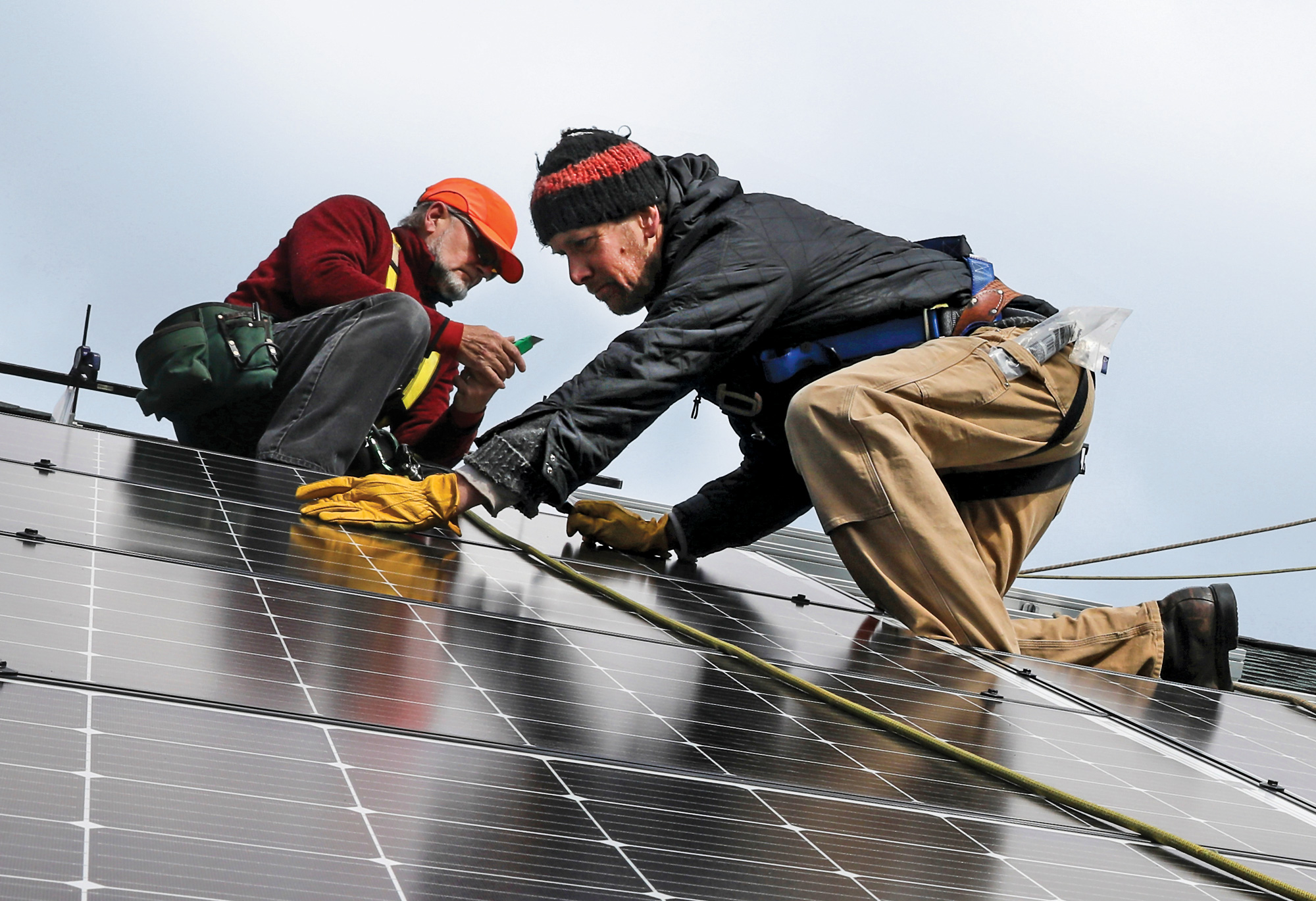








![Rev. Heidi Carrington Heath joined Seacoast Outright. [Photo by Cheryl Senter]](https://www.nhcf.org/wp-content/uploads/2024/05/Heidi-Carrington-Thumbnail-800x548.jpg)
![Dr. Jennie Hennigar treats a patient at the Tamworth Dental Center [Photo by Cheryl Senter]](https://www.nhcf.org/wp-content/uploads/2024/05/TCCAP-Hero-800x548.jpg)

